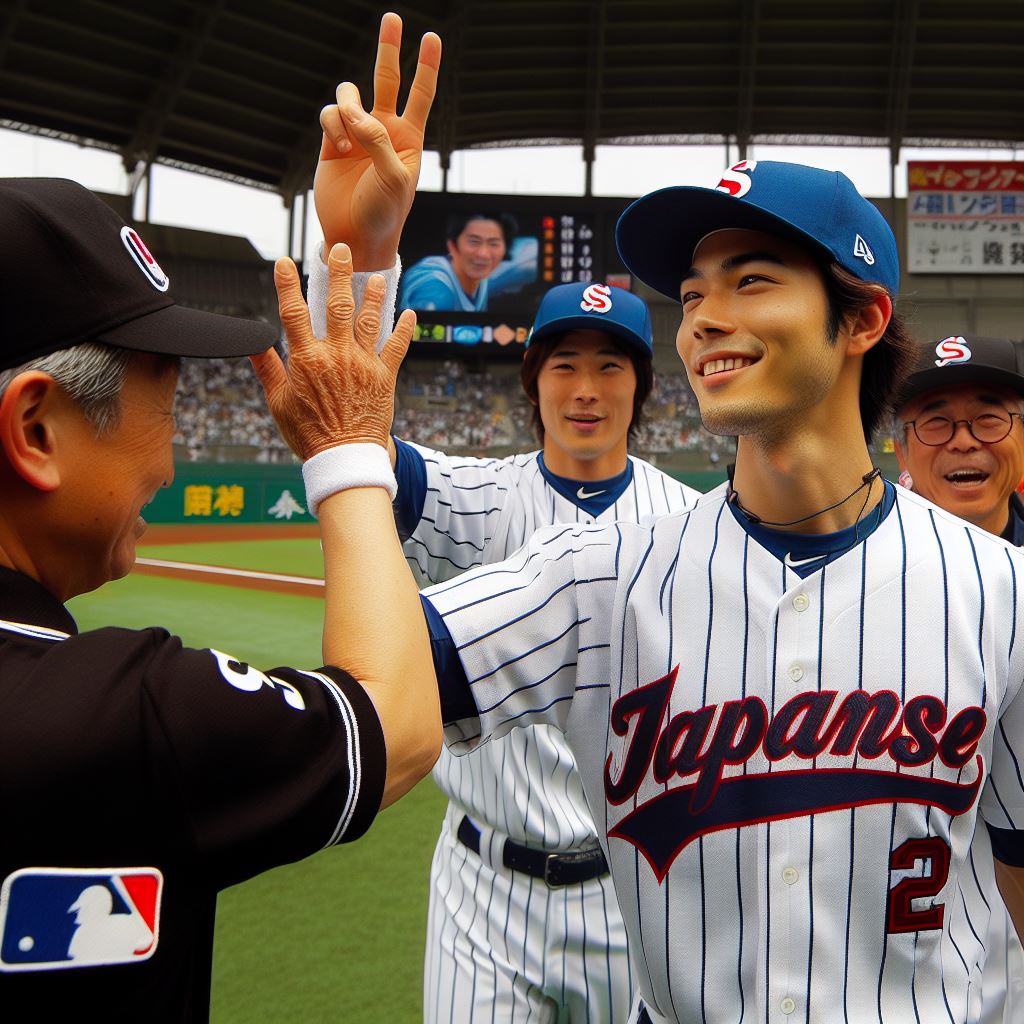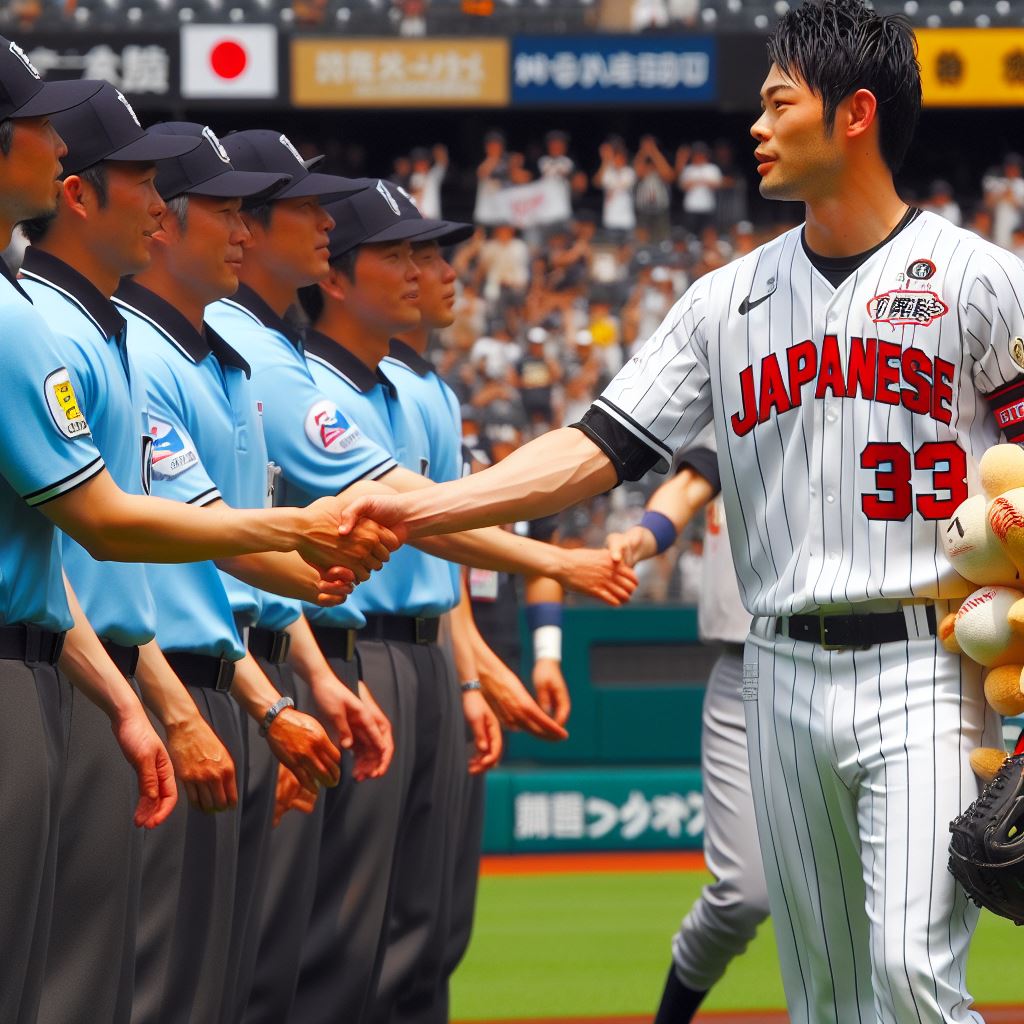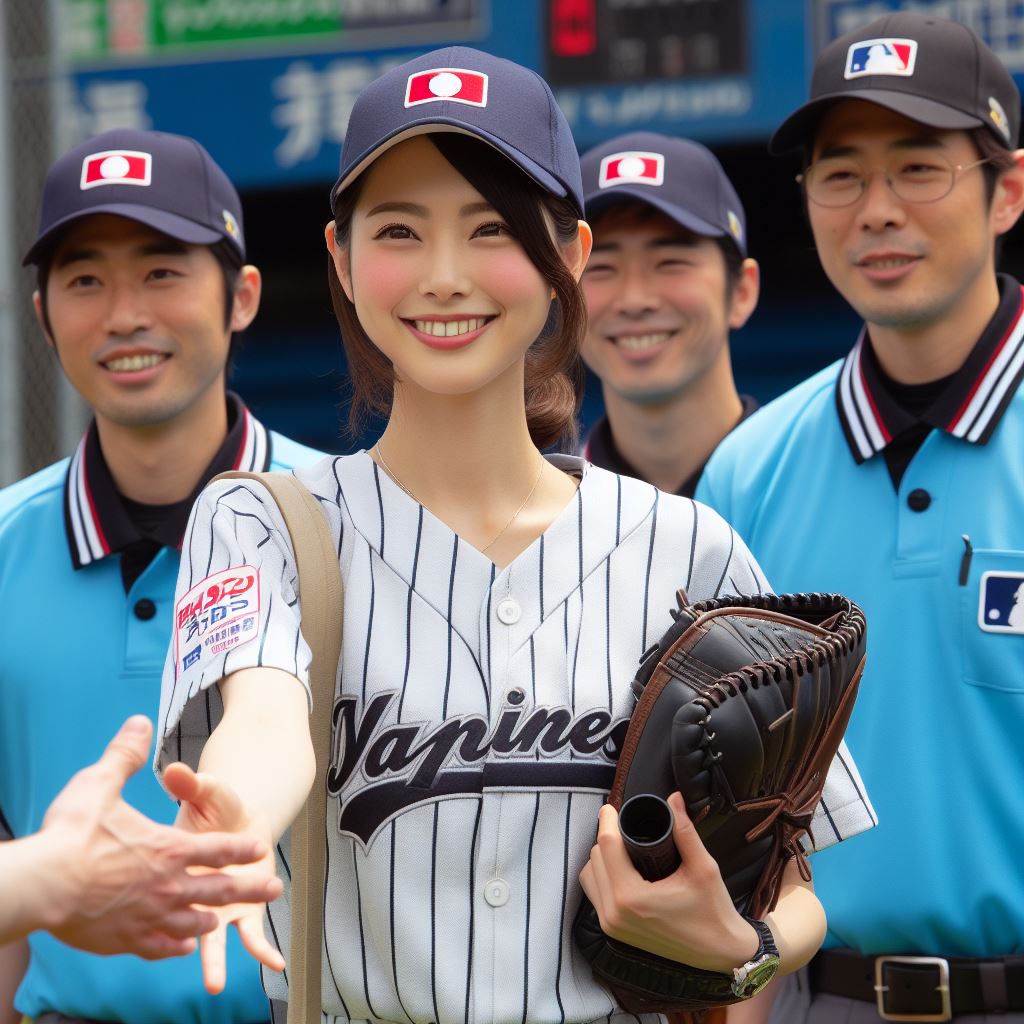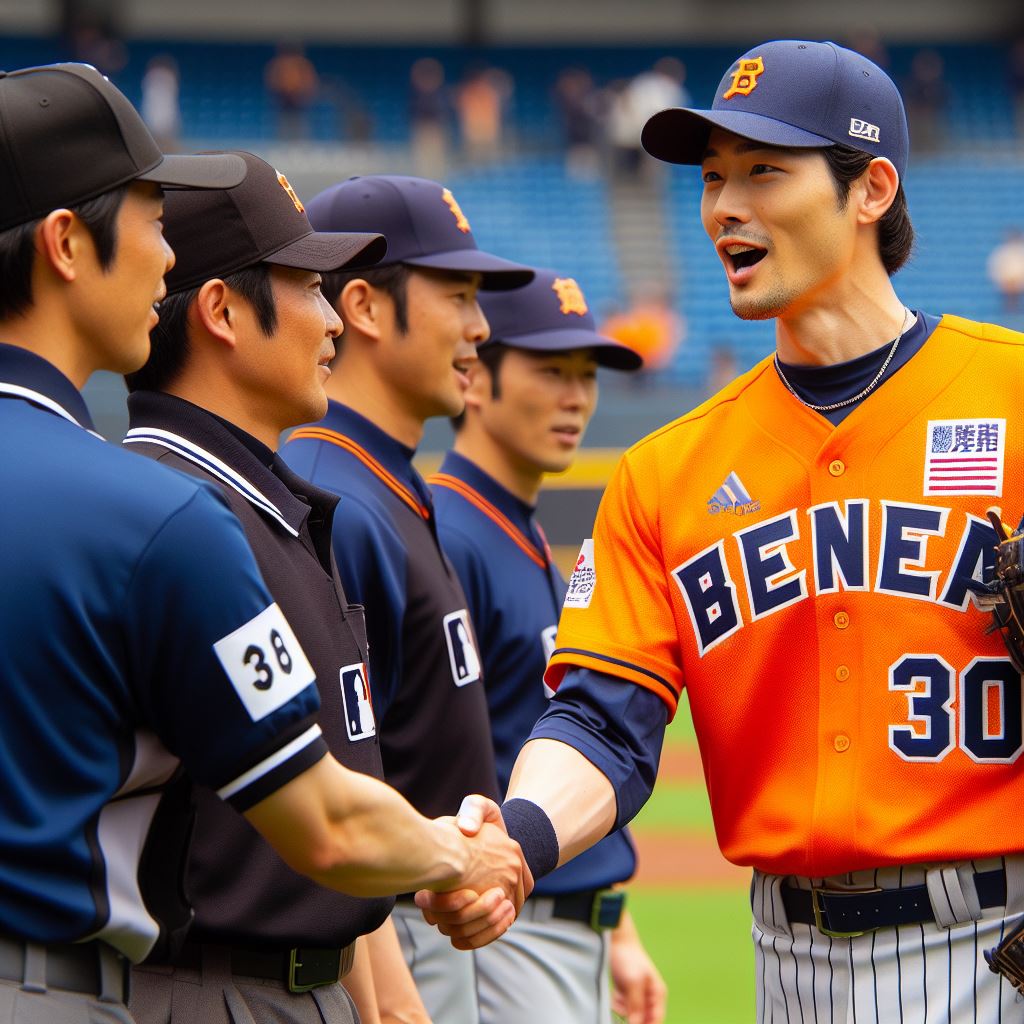大谷翔平不僅是史上最強的高中生,也是最有禮貌的球員之一。
大谷翔平不僅是史上最強的高中生,也是最有禮貌的球員之一。
自從加入美國職棒大聯盟以來,大谷翔平以其禮貌而聞名。每次看到日本前輩例如鈴木一郎,他都會鞠躬哈腰親切的問候。當每次上場打擊時,都會先向對手休息室、主審及捕手打招呼。如果成功上壘,還會問候敵隊一壘手、一壘裁判以及來拿防護套具的球僮。換句話說,每次揮出安打,就要打6次招呼。
日本人之所以被認為很有禮貌,主要是因為其文化和價值觀的影響。以下是一些解釋日本人禮貌的原因:
文化價值觀:在日本,尊重、禮貌和禮儀被視為極為重要的價值觀。這種尊重和禮貌的文化根植於日本人的日常生活中,包括對長輩、上級、客人以及社會規範的遵從。
社會壓力:日本社會存在著一定程度的社會壓力,要求人們在公共場合保持禮貌和謙虛。這種社會壓力促使人們表現出對他人的尊重和關懷,以確保社會和諧。
教育制度:日本的教育制度強調對禮節和禮貌的教育。從小學到高中,學生都會接受禮儀和禮節的培訓,包括如何與他人交流、如何尊重長輩等方面的教導。
團體意識:日本文化強調團隊合作和集體利益。因此,個人的行為和言行往往受到他人的關注和影響,這鼓勵人們保持禮貌,以維護社會和諧。
總體而言,日本人之所以被認為具有禮貌,是因為其文化中尊重和禮貌的價值觀以及社會壓力等因素的影響。这些因素共同促使日本人在各種情況下都表現出對他人的尊重和關懷。
Shohei Ohtani is not only known as one of the strongest high school players in history but also as one of the most polite athletes. Since joining Major League Baseball (MLB) in the United States, Ohtani has been renowned for his politeness. Every time he encounters Japanese seniors like Ichiro Suzuki, he bows respectfully and greets them warmly. When stepping up to bat, he always greets the opposing team's clubhouse, umpire, and catcher. If he successfully reaches base, he also greets the opposing team's first baseman, first base umpire, and the bat boy who comes to retrieve protective equipment. In other words, every time he hits a single, he exchanges greetings six times.
The reason why Japanese people are considered polite mainly stems from the influence of their culture and values. Here are some explanations for the politeness of Japanese people:
Cultural values: In Japan, respect, politeness, and etiquette are considered extremely important cultural values. This culture of respect and politeness is deeply rooted in the daily lives of Japanese people, including respect for elders, superiors, guests, and adherence to social norms.
Social pressure: Japanese society exerts a certain level of social pressure, requiring people to maintain politeness and humility in public. This social pressure prompts people to show respect and care for others to ensure social harmony.
Educational system: Japan's education system emphasizes education in etiquette and politeness. From elementary to high school, students receive training in manners and etiquette, including how to communicate with others and how to respect elders.
Group consciousness: Japanese culture emphasizes teamwork and collective interests. Therefore, individual behavior and speech are often observed and influenced by others, encouraging people to maintain politeness to uphold social harmony.
In conclusion, Japanese people are considered polite due to the cultural values of respect and politeness, as well as factors such as social pressure. These factors collectively encourage Japanese people to show respect and care for others in various situations.




照片:DALLE3
- 1
- 2
- 3
- 4
